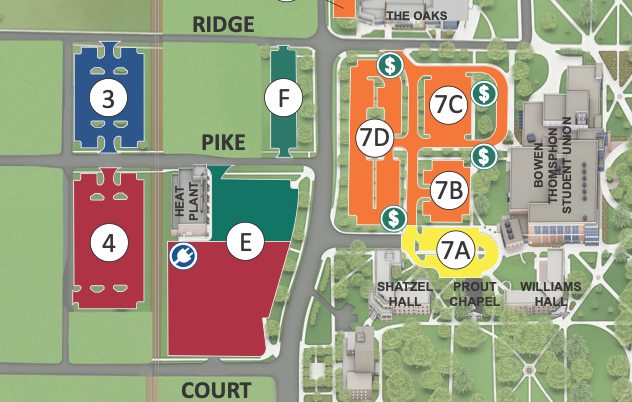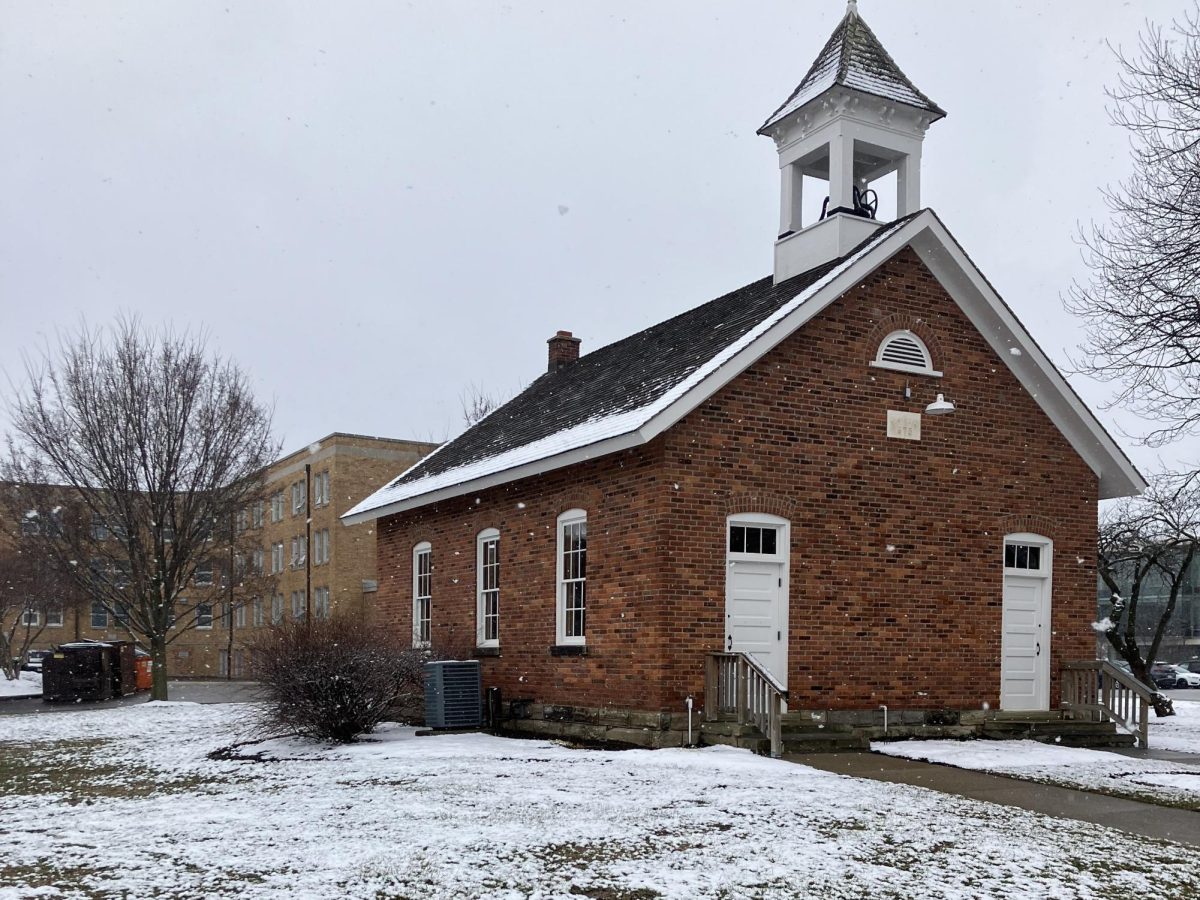Colleen McAdoo, a computer science major, first realized her talent with computers in high school after designing her school’s website.
The school’s webmaster recommended she take a look at computer science programs for college.
Computer science majors study the University’s core curriculum, or BG perspective, as well as a variety of classes in software and application development, analytics, systems and more.
“The classes are hard but when you finish it’s a really good feeling of accomplishment,” McAdoo said.
McAdoo has been working hard toward her degree and is optimistic about job prospects after graduation.
“There’s a lot of companies that want to give graduates opportunities,” McAdoo said.
Students in technology and computer science programs can find security in knowing they chose a skilled specialization that hasn’t been strongly affected by the economic downturn.
According to an article published by the Massachusetts Institute of Technology Review, eight of the 10 fastest-growing jobs from 2000-2010 were technology related.
Occupations in software development, computer support and network administration were among the fastest growing fields.
Companies have been moving their services and communications to the web within the past two decades as access to the Internet has become widespread and easily accessible.
Alongside this trend, more technology and software is being developed as well.
Jobs in computer-related fields are forecast to grow by nearly 23 percent during the next eight years, according to reports from the U.S. Department of Labor Statistics.
The Department of Computer Science has enjoyed some growth as well.
Last year, the department hired one new faculty member and seeks to hire two more in the fall.
The department offers a Bachelor of Science degree accredited by the Accreditation Board of Engineering and Technology [ABET] as well as a Bachelor of Arts program.
Guy Zimmerman, a computer science associate professor, said the degree was changed in 2012 to keep pace with the growing industry.
“We’ve enhanced the program with additional requirements,” Zimmerman said. “Bachelor of Science students are required to have an internship now. That will look good for employers.”
Associate Director of the Career Center Jessica Turos said there are many job opportunities in information technologies and computer science.
“IT is one of the highest projected job growth areas in Ohio,” Turos said.
During the Expo Job and Internship Fair hosted by the Career Center last month, 46 employers, or one third of those who attended, said they were seeking students for internship and post-graduate positions in computer-related fields.
Ohio has also implemented the Ohio Means Internships and Co-ops Grant Program as a result of Jobs Ohio, a private non-profit organization that works within the private sector to create and retain jobs in the state.
The University received funding from the state as a result of OMIC.
These grants target 10 industries in the state with the goal of retaining workers— information technology and services is one of them.
Turos said students at the University also have access to multiple job outlook projection reports and co-op and internship recruitment opportunities on the Career Center website.
“Students can look for job postings on the Worknet site too, which is free to use.” Turos said.













